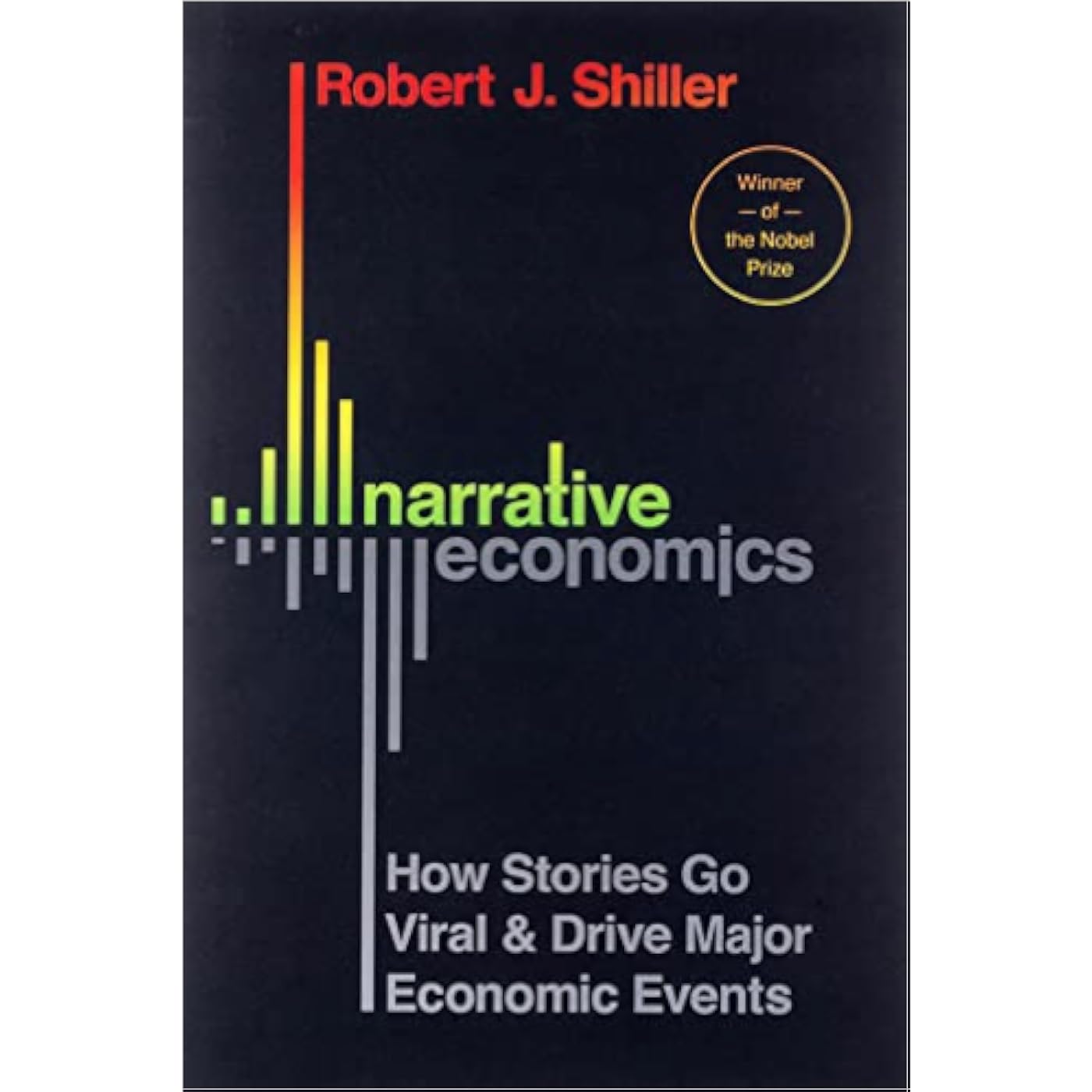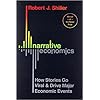Narrative Economics: How Stories Go Viral and Drive Major Economic Events


Buy Now, Pay Later
- – 4-month term
- – No impact on credit
- – Instant approval decision
- – Secure and straightforward checkout
Ready to go? Add this product to your cart and select a plan during checkout.
Payment plans are offered through our trusted finance partners Klarna, Affirm, Afterpay, Apple Pay, and PayTomorrow. No-credit-needed leasing options through Acima may also be available at checkout.
Learn more about financing & leasing here.
This item is eligible for return within 30 days of receipt
To qualify for a full refund, items must be returned in their original, unused condition. If an item is returned in a used, damaged, or materially different state, you may be granted a partial refund.
To initiate a return, please visit our Returns Center.
View our full returns policy here.
Publisher : Princeton University Press; 1st edition (October 1, 2019)
Language : English
Hardcover : 400 pages
ISBN-10 : 0691182299
ISBN-13 : 92
Item Weight : 1.8 pounds
Best Sellers Rank: #292,443 in Books (See Top 100 in Books) #212 in Macroeconomics (Books) #425 in Marketing & Consumer Behavior #905 in Medical Social Psychology & Interactions
#212 in Macroeconomics (Books):
#425 in Marketing & Consumer Behavior:
#905 in Medical Social Psychology & Interactions:
Frequently asked questions
To initiate a return, please visit our Returns Center.
View our full returns policy here.
- Klarna Financing
- Affirm Pay in 4
- Affirm Financing
- Afterpay Financing
- PayTomorrow Financing
- Financing through Apple Pay
Learn more about financing & leasing here.

























